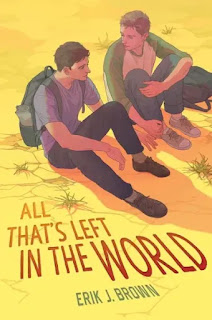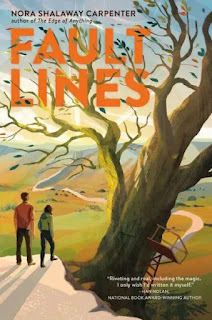Every year or so, the hala makes its appearance. Fox-like, it lurks in the woods causing increasing amount of damage to its surroundings until the Halfmoon Hunt commences. There, during the hunt, the best marksmen partner with the strongest alchemists to create a weapon that can match the hala's power. Many fail and die (there hasn't been a confirmed kill in over 200 years) and the Halfmoon Hunt itself has taken on a tremendous symbolic, religious, and political value for society.
Margaret's mother was obsessed with finding the hala because she believed it was the key ingredient for making the Philosopher's Stone (from which in turn she could gain immortality and omnipotence). She was so obsessed in her search that she abandoned her daughter to search for the beast. And in her absence, the hala has come to Margaret instead. Once Margaret knows it is nearby, Margaret is obsessed in her own way to slay the creature, not for the glory it will bring her but the opportunity to win back her mother's affection by delivering her mother the remains for her potions.
Wesley isn't an alchemist but he hopes to be so one day. Searching for a teacher, he shows up on Margaret's doorstep looking for her mother. Instead, the two of them team up to enter the Hunt. Aside from the fact that Wes still knows very little about alchemy, there is resistance from the authorities to their participation in the hunt. Wes is a poor Banva and practices the minority Sumic faith. As opposed to the majority Katharists, Sumics don't even support the hunt, believing that the hala is a sacred creation of God. Margaret is a Yu'adir, which is even worse. For the elite (personified by the mayor's bigoted son, Jaime), the idea that a Banvish Sumic and Yu'adir could defeat Katharist is an abomination. The Katharists will do anything to prevent this from ever happening.
The resulting novel contains a complex and immersive world that summons up themes of religious intolerance, racism, and classism, as well as a complicated system of alchemy. I enjoyed that complexity and the many ways that the book subtly brings up its real world paralels. The Katharists and the Sumics are a mishmash of largely Christian theologies, but the Yu'adir are unequivocally Jewish. Even the slurs made against Margaret are right out of anti-Semitic screeds. The Banvish and the discrimination against them similarly resemble Irish immigrants in the United States. Wesley dreams of a career in politics, changing the status quo in much the same way that Irish politician did in the twentieth century. The calls to action against Katharist primacy would be described as "woke" by American conservatives.
And, as if all that world building is not enough, there are the various subplots that fill out the story: Margaret's heartbreaking struggle with her mother, Wes's battle with dyslexia, and the unanswered question of what the hala actually is. And, of course, there is the predictable steamy romance with Wes, which features several tasteful but entirely unambiguous sex scenes. The novel ends with a very satisfying consummation (in both the emotional and physical sense) of their relationship. The hunt is less satisfactorily resolved in a great rush at the end.




















